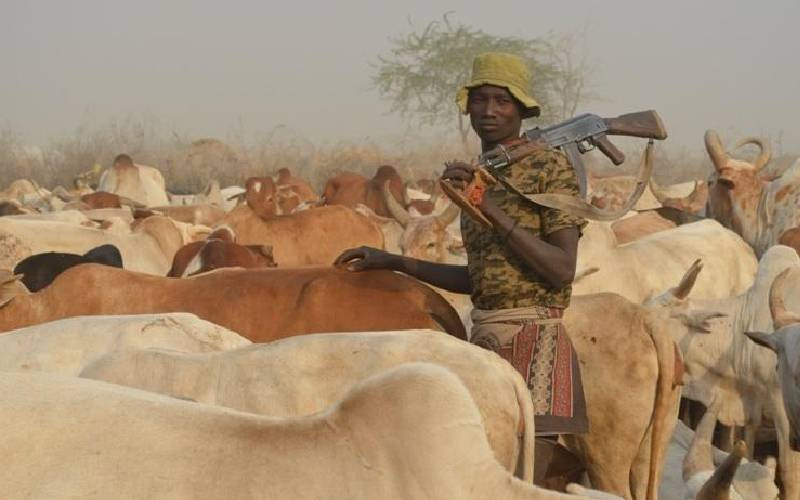By Isaac Kalua
[email protected]
Seychelles, with its expansive white beaches dotted with whistling palm trees, is a popular honeymoon destination. Every year, this island nation earns millions of dollars from its dazzling marine resources.
Kenya’s Mau Forest Complex has lost at least 107,707 hectares, which is twice the size of Seychelles, through forest excision. Prime forest land that was twice the size of Seychelles, was devoured by the jaws of corruption. Within 15 years, this land, representing a quarter of the entire forest, was converted into settlements and farmland.
Settlements and farmlands are not bad. Most Kenyans either live on a farmland or retreat to one from time to time. Settlements too, are home to industrious Kenyans whose primary desire, like the rest of us, is to earn a decent livelihood. But, in the best interest of our collective national wellbeing, settlements and farmlands should not mushroom at the expense of forestland.
Can you imagine Seychelles subdividing its prime beach land and dishing it out to thousands of its citizens to live on and do as they wish? Wouldn’t that be sacrificing the entire nation on the altar of personal gain and greed?
This is exactly what has happened in Kenya. Mau Forest Complex is a premier water tower that directly and indirectly sustains and bolsters a huge percentage of this country’s economy. It powers two of Kenya’s leading foreign exchange earners — tourism and tea. The livelihoods of at least 50,000 tea farmers and at least 35,000 tea jobs are directly dependent on the forest.
The Mara River, which originates from the Mau Complex, is an irreplaceable lifeline for the world-famous wildlife of Maasai Mara and Serengeti. The Big Five — lion, elephant, rhino, leopard and buffalo — together with their other wildlife species have employed thousands of people and brought in millions of dollars. They do so because the Mara River keeps them sipping, alive, kicking, roaring and sprinting. Just like Seychelles beaches, Mau Forest Complex has single-handedly infused millions of dollars into the economy. The taproot for these benefits is deeply anchored in the rich ecosystem of the complex that took centuries to nurture. Political expediency, naivety and/or raw greed cannot and must not be the altars on which we sacrifice this very important national resource. The plight of Mau is not old news. Graft is the cancer that afflicts Mau and is rooted in greed. Greed for power, greed for money, greed for accolades, greed for land, greed for luxury, greed for convenience. Sheer greed.
 The Standard Group Plc is a
multi-media organization with investments in media platforms spanning newspaper
print operations, television, radio broadcasting, digital and online services. The
Standard Group is recognized as a leading multi-media house in Kenya with a key
influence in matters of national and international interest.
The Standard Group Plc is a
multi-media organization with investments in media platforms spanning newspaper
print operations, television, radio broadcasting, digital and online services. The
Standard Group is recognized as a leading multi-media house in Kenya with a key
influence in matters of national and international interest.
 The Standard Group Plc is a
multi-media organization with investments in media platforms spanning newspaper
print operations, television, radio broadcasting, digital and online services. The
Standard Group is recognized as a leading multi-media house in Kenya with a key
influence in matters of national and international interest.
The Standard Group Plc is a
multi-media organization with investments in media platforms spanning newspaper
print operations, television, radio broadcasting, digital and online services. The
Standard Group is recognized as a leading multi-media house in Kenya with a key
influence in matters of national and international interest.






